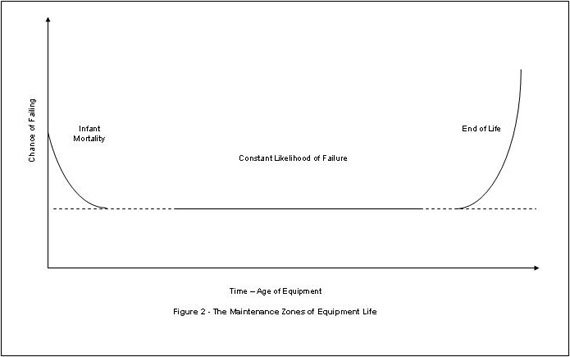HopCar
Guru
- Joined
- Aug 20, 2011
- Messages
- 5,308
- Vessel Name
- Possum
- Vessel Make
- Ellis 28
I have a single engine boat with a twenty plus year old engine. It has low hours for that old an engine and I haven't replaced many of the accessories over the years. Now I'm worried that things can fail and leave me stranded.
What should I replace before it fails and gets me stuck?
Starter - relatively new
Mechanical Fuel Pump - original
Raw Water Pump - Original seals, new impellers yearly.
Coolant Pump - Original
Heat Exchanger - Several years old - looks good inside
Alternator - original I think.
Turbo Charger - relatively new
Can you guys think of anything else to worry about?
The engine is a Cummins 6BT5.9M diesel.
What should I replace before it fails and gets me stuck?
Starter - relatively new
Mechanical Fuel Pump - original
Raw Water Pump - Original seals, new impellers yearly.
Coolant Pump - Original
Heat Exchanger - Several years old - looks good inside
Alternator - original I think.
Turbo Charger - relatively new
Can you guys think of anything else to worry about?
The engine is a Cummins 6BT5.9M diesel.



